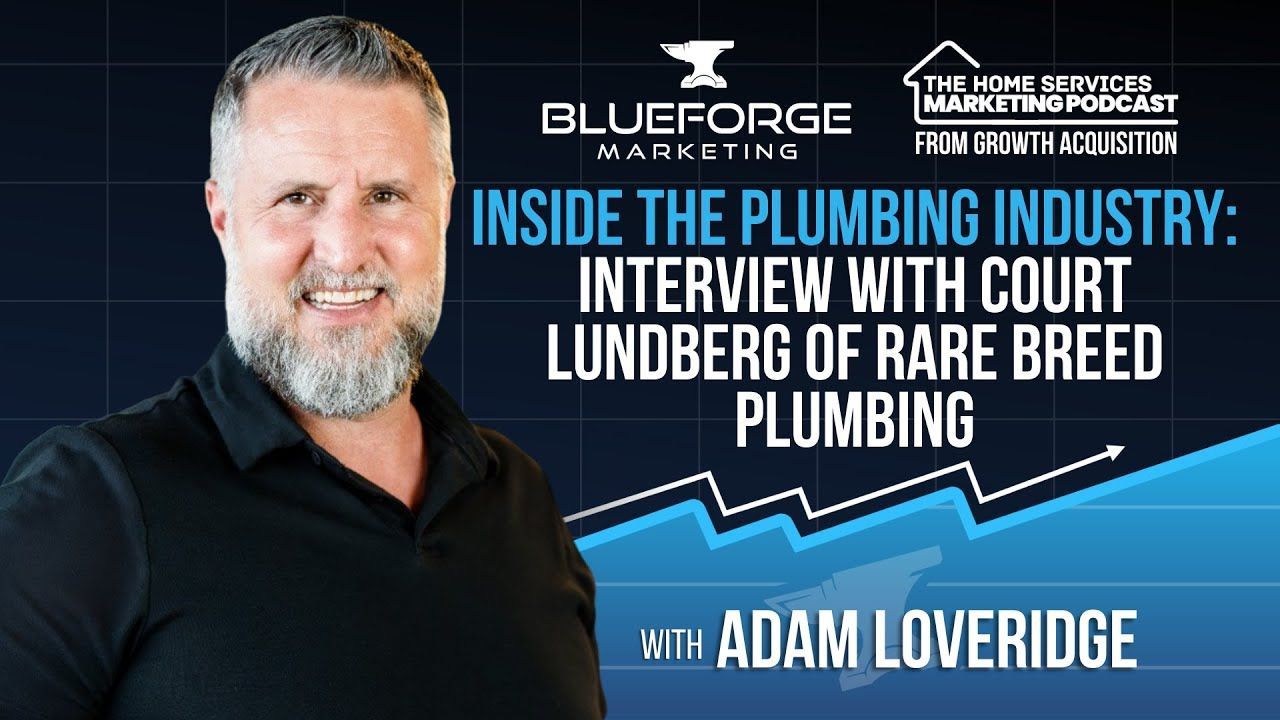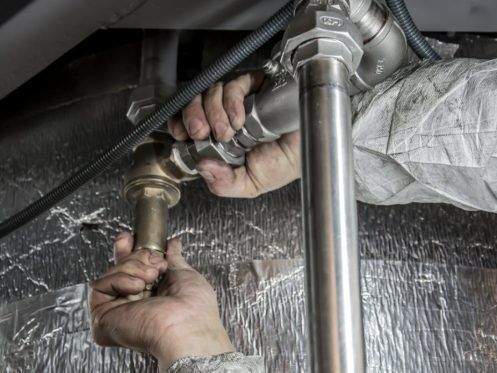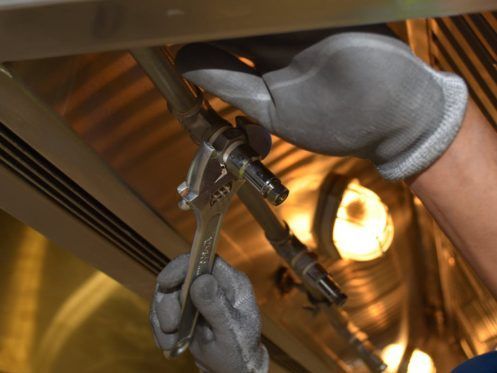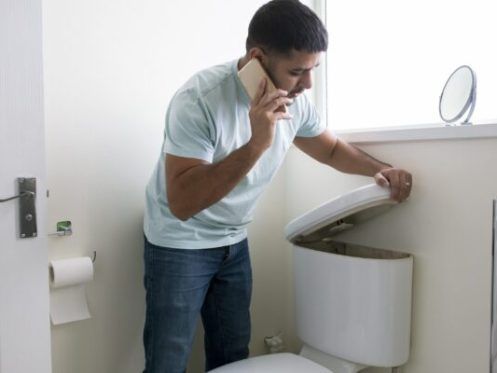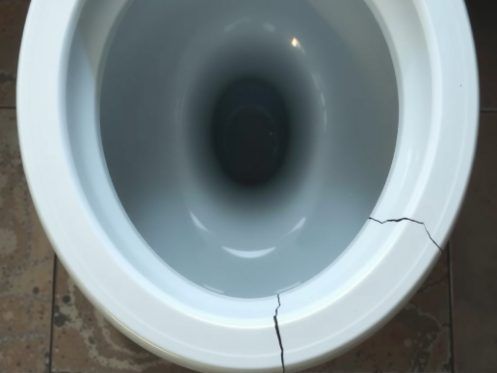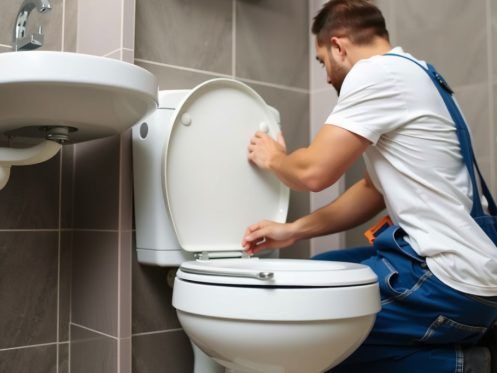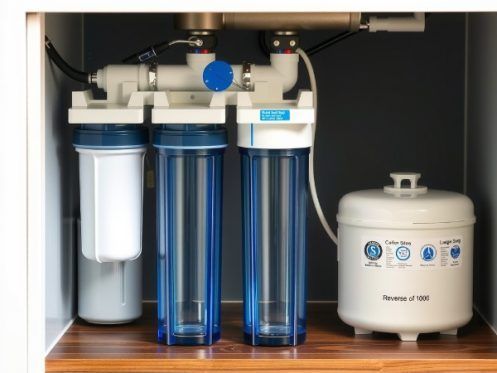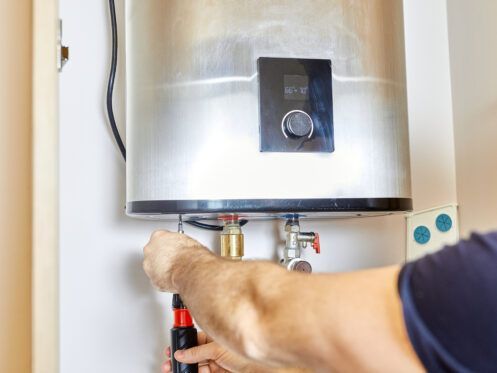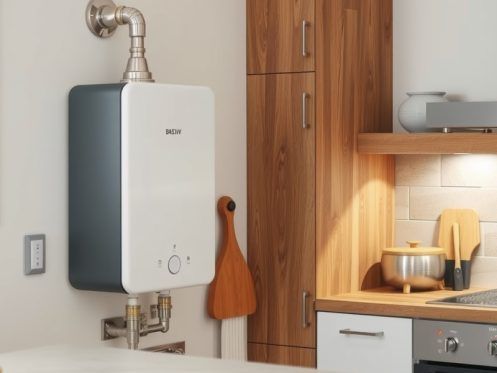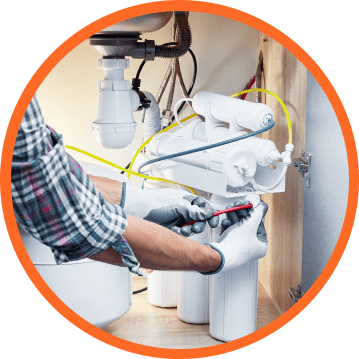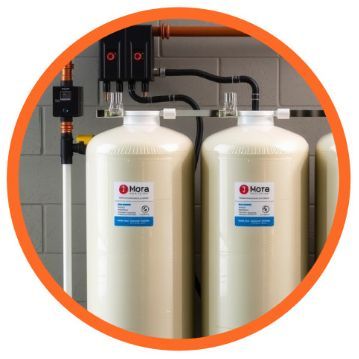
Have you ever noticed that your skin feels dry and itchy after a shower? Or maybe your dishes have stubborn spots even after going through the dishwasher? If so, you might be dealing with hard water.
Hard water contains high levels of dissolved minerals like calcium carbonate and magnesium ions, which can cause all sorts of problems in your home, from scale buildup in your pipes to reducing the efficiency of your water heaters. The good news? A water softener can help! But with so many water softener systems out there, choosing the right water softener for your home can feel overwhelming. This guide will help you navigate the process and pick the perfect one for your needs.
Types of Water Softeners Available in Utah
There are different types of water softeners, each with its own way of dealing with heavy minerals. Understanding your options can help you make the right choice:
Salt-Based Water Softener
These systems rely on a process called ion exchange, in which sodium ions replace calcium and magnesium ions, effectively softening the water. A salt-based system is ideal for households with severe hard water problems. However, it requires a brine tank, where salt is added periodically to help with the regeneration process. The softened water helps prevent scale buildup in pipes and appliances, extending their lifespan. On the downside, salt-based water softeners require ongoing maintenance, such as adding salt regularly and ensuring the resin bed remains clean. Additionally, homes with a septic system should consider the impact of excess sodium on drain field soil percolation.
Salt-Free Water Softeners
Unlike salt-based systems, these do not use sodium to remove hardness minerals. Instead, they work by conditioning the water, preventing minerals from sticking to surfaces and forming scale. These systems are a great choice for those who want to avoid increased sodium intake or don’t want the hassle of constantly adding salt. While salt-free water softeners do not technically “soften” the water, they effectively reduce scale buildup, improving water quality without the need for electricity or a drain line. They are also an eco-friendly option as they do not discharge brine into the environment. However, they may not be as effective in extremely hard water conditions.
Dual Tank Water Softener
If your home has high water usage or you need continuous access to softened water, a dual-tank water softener is an excellent choice. Unlike single-tank systems, which stop softening water during the regeneration cycle, a dual-tank water softener has two resin tanks that work alternately. When one tank is regenerating, the other remains in operation, ensuring uninterrupted access to soft water. These systems are perfect for large families or households with high water demand. However, they require more space and tend to be more expensive than single-tank models. If you experience heavy mineral buildup or frequently run out of soft water with a single tank, investing in a dual-tank system could be a game-changer.
Magnetic Water Softeners
A more recent and alternative approach, magnetic water softeners use electromagnetic fields to alter the behavior of dissolved solids in your water supply. These devices do not remove hardness minerals but instead change their structure so that they do not stick to pipes and appliances. Magnetic water softeners are easy to install, requiring no plumbing modifications, salt, or maintenance. They are also energy-efficient and environmentally friendly, as they do not produce waste water or require chemicals. However, their effectiveness varies depending on water hardness levels and the specific conditions of your plumbing system. While some homeowners notice a reduction in scale buildup, others find that traditional softening methods work better for their needs.
Each of these types has its own advantages, and the right choice depends on your home’s water supply and usage needs.
Factors to Consider When Choosing a Water Softener for Your Home
Before making a decision, here are some key factors to keep in mind:
- Water Hardness – Have your water tested to determine the level of hardness minerals present.
- Grain Capacity – Consider how many grains of hardness minerals the system can remove before the softener regenerates. Larger households with higher average water usage may need a higher grain capacity.
- Resin Bed and Tank Size – The size of the resin tanks affects the efficiency of the ion exchange process.
- Water Usage – A metered water softener adjusts regeneration cycles based on your actual water usage, making it more efficient. To determine the appropriate water softener size for your home, multiply the number of people in your home by the gallons of water they use each day. The average person uses about 80 gallons of water per day. Multiply that number by the grains of hardness in your water to figure out how many grains need to be removed each day. Once you have that written down, choose a softener that’s up to the task. Also, look for the manufacturer’s specifications for the exact grain capacity needed for your situation.
- Salt Usage – Consider how much salt the system requires and whether you want to use potassium chloride as an alternative.
- Softening Process – Do you prefer an ion exchange water softener or a salt-free system?
- Septic System Considerations – Some salt-based systems may impact your drain field soil percolation, so check compatibility.
- Maintenance Needs – Some systems require frequent salt refills and cleaning, while others, like magnetic water softeners, need little maintenance.
Water Softeners: Frequently Asked Questions
How Is Water Hardness Measured?
Water hardness is measured in grains per gallon (GPG). The higher the number, the harder your water is. Most municipalities provide water quality reports, but you can also use a water test kit.
What Does the Grain Capacity of a Water Softener Mean?
Grain capacity refers to how many grains of hardness minerals a water softener can remove before needing a regeneration cycle. Choosing a water softener with the right capacity for your home ensures consistent softened water.
What Water Softener Salt Should I Use?
Most salt-based water softeners use sodium chloride, but you can also add salt alternatives like potassium chloride if you’re concerned about sodium intake.
What Is a Water Softener’s Regeneration?
The regeneration process is when the resin beads release trapped hardness minerals and recharge with sodium ions. This ensures the softening process continues efficiently.
How Much Electricity Does a Water Softener Need?
Most modern water softener systems use very little electricity, typically less than a standard light bulb.
Is Water Filtration and Water Softening the Same?
No. A water softener removes hardness minerals, while a water filter removes contaminants like chlorine, lead, and bacteria. Some homes benefit from having both systems installed. Learn more about the differences between water softeners and water filtration systems.
Is Hard Water Giving You Trouble? Call Rare Breed Plumbing for Professional Water-Softening Solutions
If you’re tired of dealing with mineral buildup, itchy skin, or inefficient water heaters, it might be time to invest in a high-quality water softener. At Rare Breed Plumbing, we help you find the best solution for your home’s water needs and assist you with a professional water softener installation, as well as any other water softener service you may need. We serve homeowners and businesses in Bountiful, UT, and the nearby cities, including Sandy, West Jordan, Bluffdale, Layton, Kaysville, and Midvale. Call us today.

